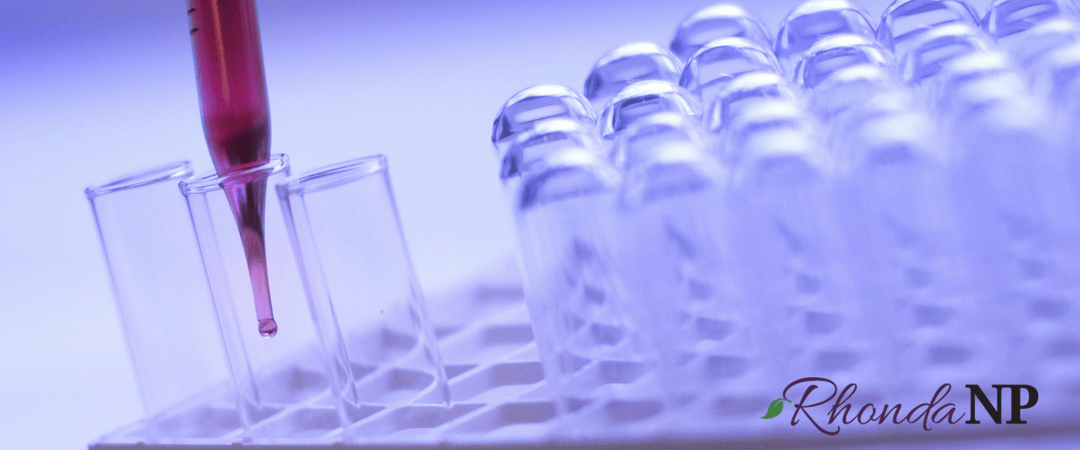Podcast: Play in new window | Download (Duration: 26:40 — 24.4MB)
Hormone Testing
Lab tests don’t lie when it comes to hormone testing. They may tell you what’s going but many women are confused by their results. Lack of understanding is expected with hormone testing. This stuff can be complex and requires navigation support from your healthcare professional. But that doesn’t mean you can’t be up to speed on some of the details before you go to see your healthcare provider. At least becoming familiar with some of the terms and methodology may provide some peace of mind.
We feel our best when our hormones are balanced. Hormonal balance is vital to a healthy mind and body, but can be altered in many ways. During the natural transition of menopause hormones shift. Unhealthy lifestyle habits (poor nutrition, your stress-filled job, environmental toxins, etc.) may expedite the pace of hormonal decline and premature aging.
No one wants that!
Testing hormones throughout perimenopause and menopause gives you critical information. This data enables you to take action to support your adrenals with enough rest, exercise, necessary supplements and solid nutrition to maintain hormonal balance and vitality.
Even though hormone testing is “science”, it isn’t as cut and dried as you may think.
Some labs test things at “a moment in time” while others measure over a specific time period to monitor different hormones. It can be especially perplexing when labs are in the “normal” range but you still feel lousy. You may think, “so now what?” “Optimal” vs. “normal” is the secret sauce to feeling your best.
So, what do you test? Blood, saliva, urine? All of these? When do you test? Fasting, non fasting? Is there a test for menopause? (Answer…yes, there is!) What are you testing exactly? Are there advantages and disadvantages to the types of testing? Boy, there are a lot of questions. Don’t worry, we’ve got you covered in this episode.
In This Episode
- Is there a menopause test?
- What tests are available for hormone testing?
- What are the advantages and disadvantages to these tests?
- Normal vs. optimal lab ranges – why it matters
- What if my practitioner doesn’t order labs for me?
Mentioned In This Episode
Johns Hopkins Study – illustrates the small amount of menopause training received by OBGYNs
Study conclusions:
- “It seems that some American residency programs do not fulfill the educational goals of their residents in menopause medicine. A curriculum would be beneficial for increasing knowledge and clinical experience on menopause issues.”
*All the more reason to educate yourself and find a practitioner who specializes in perimenopause and menopause.
Interested to find a practitioner like Rhonda?
Institute of Functional Medicine (find a practitioner)
Want us to discuss your topic or question on a future podcast?
Drop us a note at Rhonda@DrRhonda.com. We’d love to hear from you!


